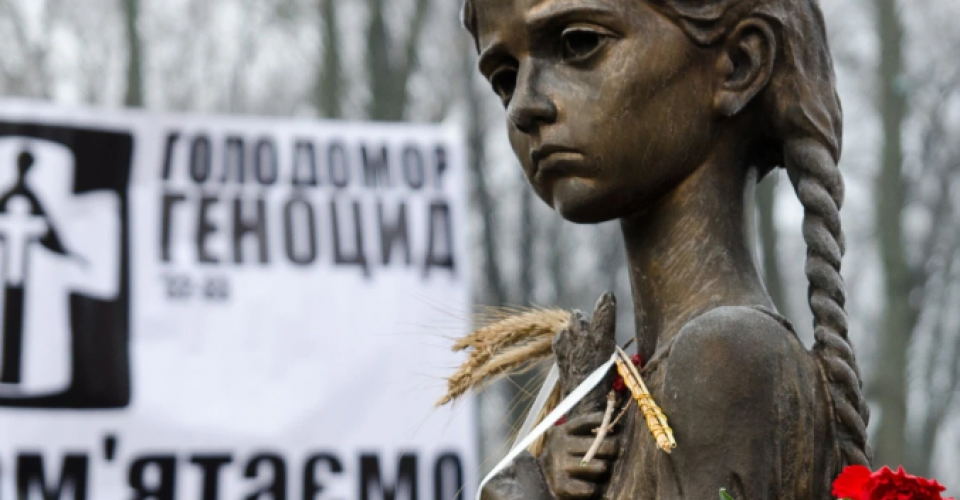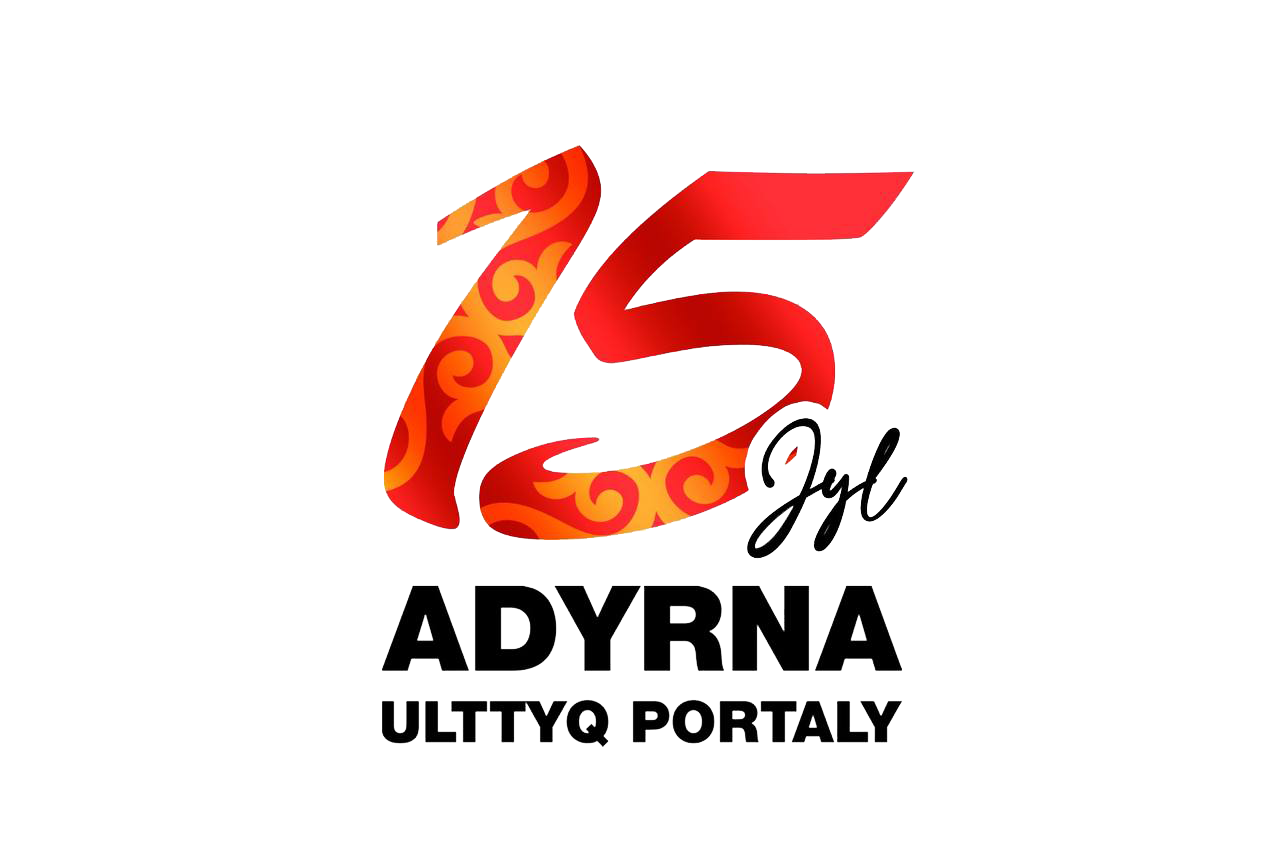The European Parliament at its plenary session on December 15 recognized the Holodomor of 1932-1933, organized by the Soviet government, as a genocide of the Ukrainian people, the press service of the European Parliament reports. Of the 536 deputies who voted in favor - 506, against - 12, abstained - 17.
"The European Parliament] recognizes the Holodomor, the artificial famine of 1932-1933 in Ukraine, caused by the conscious policy of the Soviet government, genocide against the Ukrainian people, as it was committed with the aim of destroying a group of people by deliberately creating living conditions designed for its physical destruction," stated in the resolution.
In this regard, the European Parliament called on the Russian Federation "as the legal successor of the Soviet Union to officially recognize the Holodomor and apologize for these crimes." In addition, the EP called on "all countries and international organizations that have not yet recognized the Holodomor as genocide to do so."
The European Parliament also stated that it “strongly condemns these acts of genocide by the totalitarian Soviet regime, which led to the death of millions of Ukrainians and caused significant damage to the foundations of Ukrainian society.”
The European Parliament "calls on all countries, in particular the Russian Federation and other countries that emerged after the collapse of the Soviet Union, to open their archives of the artificial famine of 1932-1933 in Ukraine," the resolution says.
The European Parliament honored the memory of all the victims of the Holodomor and expressed solidarity with the Ukrainian people who suffered in this tragedy, in particular with the surviving victims of the Holodomor and their families, and paid tribute to those who died as a result of these crimes committed by the totalitarian Soviet regime.
The European Parliament also called for EU member states and third countries to raise awareness of these events and other crimes committed by the Soviet regime by including historical knowledge about them in educational and research programs in order to prevent similar tragedies in the future.


















